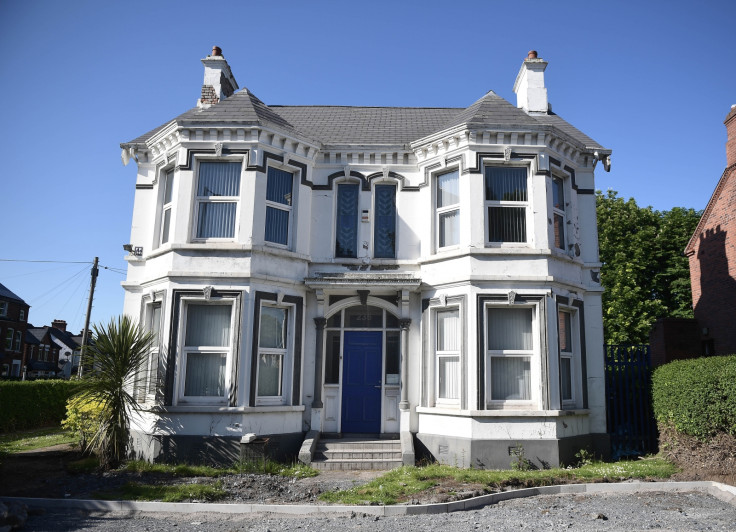Kincora Boys' Home was not a 'honeypot' to blackmail gay men says abuse inquiry
An inquiry into historical sexual abuse in Northern Ireland has recommended compensation for its victims.

Allegations that the notorious Kincora Boys' Home in Belfast, Northern Ireland, was used to entrap or exploit men were rejected by a former high court judge. Sir Anthony Hart said the inquiry was satisfied that there was no evidence that prominent individuals were involved in sexual abuse at the children's home.
The report denied allegations of a paedophile ring involving British politicians abusing children at the home, according to the Times.
"We are satisfied that Kincora was not a homosexual brothel nor used by any of the security agencies as a honeypot to entrap, blackmail or otherwise exploit homosexuals," Hart said.
But the report did conclude that 39 children had been abused at Kincora boys' home.
One boy reportedly killed himself by jumping off a ferry into the Irish Sea in the 1970s after being subjected to years of abuse. Three senior staff at Kincora were jailed in 1981 for abusing 11 boys, said the Guardian.
The 2,300-page report found systematic failings and catalogued sexual abuse by priests and lay people. It identified extended responsibility to the Northern Irish government and church authorities.
"Some institutions providing residential childcare were responsible for a range of institutional practices which constituted systemic abuse," Sir Anthony Hart, a retired High Court judge who chaired the four-year Historical Institutional Abuse inquiry, said.
Financial payouts were recommended, capped at £100,000 ($124,000) for those who had experienced the most severe sexual abuse.Hart said the organisations responsible for the abusive homes should pay towards the compensation. "There was evidence of sexual, physical and emotional abuse, neglect and unacceptable practices across the institutions and homes examined," he added.
Hart said the organisations responsible for the abusive homes should pay towards the compensation.
"There was evidence of sexual, physical and emotional abuse, neglect and unacceptable practices across the institutions and homes examined," he added.
Margaret McGuckin, who campaigned for fellow abuse victims, said: "We have waited a lifetime. Today we were vindicated, our time has come."
The report examined allegations of abuse at 22 different organisations between 1922-1995. During the hearings in County Down, more than 525 witnesses gave evidence.
© Copyright IBTimes 2025. All rights reserved.





















